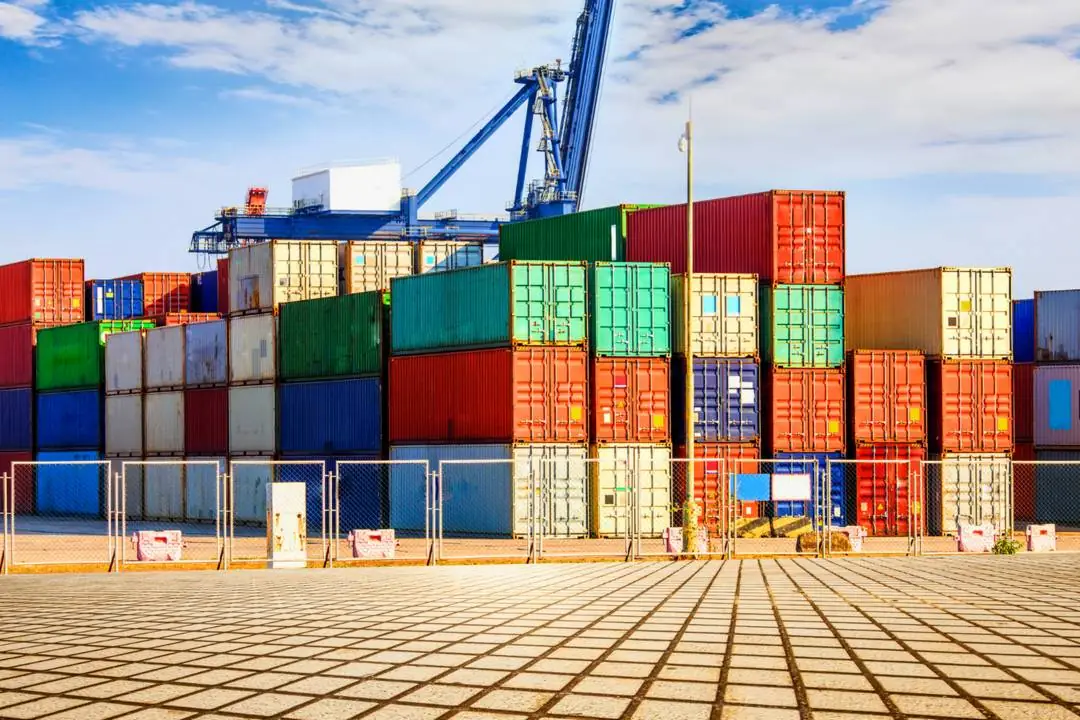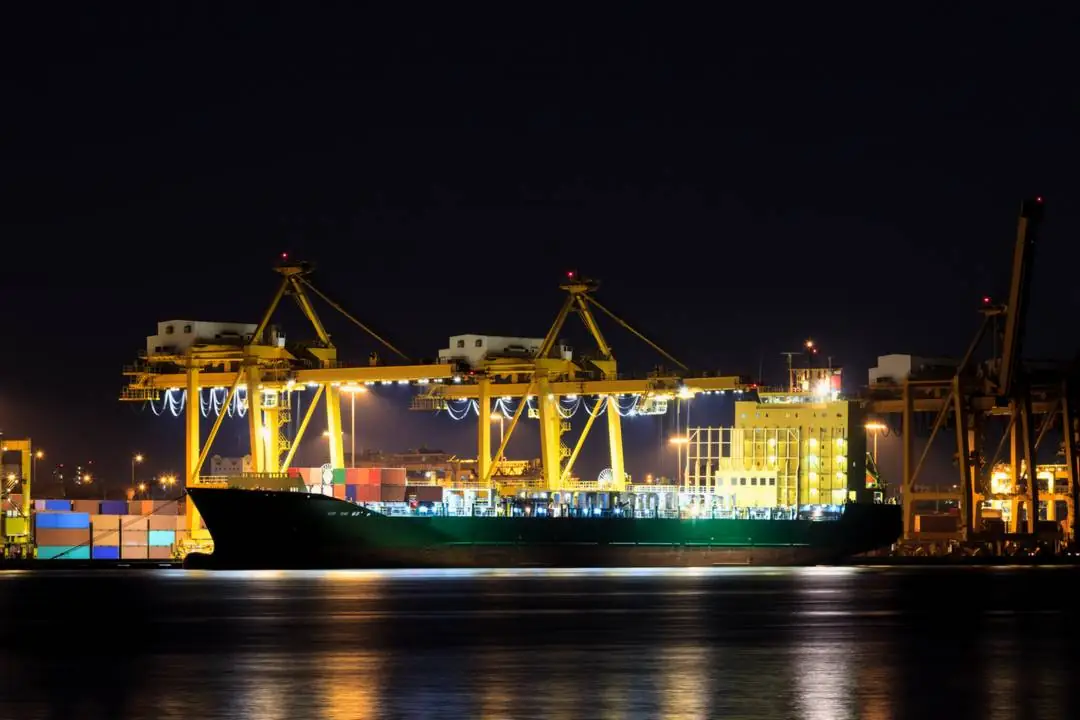Find out what criteria guide the tax classification of goods and why.
The fiscal classification of goods is a standardization that helps to catalog the products sold in Brazil. In this way, tax control bodies such as the Receita Federal can monitor the movement of goods in the country.
Because it is the object of attention from tax authorities, this classification also needs to be closely monitored by companies. In this article, we'll talk more about the concept, present the main acronyms and the mistakes that should be avoided in the process. Stay with us to find out more!
We invite you to listen to our chatIn this article, we discuss tax classification in more detail, share practical insights and answer the most common questions so that you can navigate this process with greater confidence. security e efficiency.
What is the tax classification of goods?
It's a kind of list, which assigns a number to different types of goods. Each country has its own system. This tax classification is not optional - in fact, it is a legal requirement. That's why it must be taken very seriously by Brazilian companies.
In fact, the tax classification of goods is a legal obligation in all foreign trade operations and is strictly monitored by the Federal Revenue Service. The omission or error of information in this process can lead to significant fines and penalties, as well as damage to the company's reputation in the market.
According to the Internal Revenue Service, companies that fail to comply with tax classification requirements may be subject to various penalties. Learn about some of them:
- retroactive taxation of previous entries and shipments that used the same NCM code (Mercosur Common Nomenclature) incorrect;
- collection of the tax difference resulting from the application of the correct rate;
- interest on the amounts owed;
- application of other specific fines, depending on the nature of the infraction.
Why is it so important anyway?
In the previous topic, you saw the fines and sanctions that can be imposed on your company. However, it's important not to see tax classification merely as a "pretext" for companies to be punished. In fact, there are other uses.
For companies, this classification simplifies compliance with tax obligations, providing greater security and practicality. At the same time, it optimizes management and government inspection of commercial activities, allowing taxpayers to check tax compliance more accurately.
How does this tax classification work?
In order to enter international trade, each country develops its own tax classification system so as to determine, as accurately as possible, the taxes levied on its goods. import e export of goods.
However, the rates applied are not standardized - they can even vary greatly for different products and sectors. Therefore, companies looking to expand their operations globally must be familiar with tax classification to avoid mistakes and possible penalties.
In Brazil, the standard used is the so-called Mercosur Common Nomenclature (NCM). It is based on the Harmonized Commodity Description and Coding System (HS), developed by the World Customs Organization (WCO).
In this sense, the NCM follows the standards determined by the HS. Any merchandise that circulates in the country must have the NCM code, informed when filling in the invoice (both physical and electronic models). Remember that this information must be submitted in a specific field.
How to classify goods for tax purposes?
In Brazil, all goods must be accompanied by an NCM code on their respective tax documents. In this way, the product will be duly regulated in accordance with the rules applicable to the Mercosur bloc countries - Argentina, Bolivia, Brazil, Paraguay and Uruguay.
In the NCM, each code is made up of 8 digits. In this set of numbers, each one will indicate a part of the product's categorization.
In this sense, in order to identify the correct tax classification of a good in Brazil, it is essential to determine its NCM code. One of the main tools for this task is the Table of Incidence of Tax on Industrialized Products (TIPI).
You can consult the table on the federal government's website. TIPI not only lists the NCM codes in force and the corresponding IPI rates, but also presents the so-called "ex-tariffs" - temporary rate reductions for capital and IT goods not produced in Brazil.
Therefore, tax classification usually begins with a detailed analysis of the TIPI, looking for the description of the goods that best fits the specifications in the table. It is necessary to analyse both the literal description and the explanatory notes and general rules of interpretation of the Harmonized System (HS), which serves as the basis for the NCM.
However, in cases of uncertainty or complexity in identifying the appropriate NCM code, the consultation of Tax Classification of Goods to the Brazilian Federal Revenue Service is the safest and most recommended procedure.
This formal consultation guarantees an official position from the supervisory body, which helps to avoid future challenges and penalties. The request can be made by individuals and institutions, such as:
- the taxpayer directly concerned (person subject to tax liability).
- public administration bodies;
- entities representing economic or professional categories.
It is worth remembering that, in addition to the formal consultation, the Brazilian government has invested in digital platforms to facilitate the tax classification process:
- Receita Federal website - The Receita website offers various tools and information on the NCM, including updated tables and links to relevant laws. Access here;
- Single Foreign Trade Portal (Siscomex) - This portal integrates information on exports and imports in order to simplify operations and consultations. Within the Single Portal, in the "Public Access" section and specifically in "NCM Consultation", you can search for NCM codes by typing in the code itself (if you know at least a few digits of it) or keywords that describe the goods. The system then displays the corresponding codes and their associated information. Access the Single Portal here.
When using these digital tools, it's important to keep an eye on updated tables and detailed descriptions of NCM codes. Correct tax classification is a process that requires attention to detail and, in many cases, specific technical knowledge about the goods in question.
If you have any doubts about a particular product, which could lead to fines or loss of profits, the best thing to do is to seek the help of an accounting team specializing in foreign trade and tax legislation.
What mistakes should be avoided in the process?
To avoid mistakes, it's very important to keep an eye on those responsible for providing the tax classification of goods, for example.
In foreign trade operations, the selling company must indicate the Tax Classification of Goods (NCM/SH). Although this is essential for both exports and imports, the correct definition of the code is even more important in the latter case, as it directly affects the calculation of the taxes to be paid.
In the case of exports, even without taxes, the tax classification needs to be precise, as it serves as the basis for the federal government's statistics on products, which is fundamental data for formulating public policies in the sector.
It's important to note that mistakes can lead to high fines imposed by the IRS and other inspection bodies, as well as the retention and seizure of goods at customs.
These problems result in delays in the logistics chain, additional warehousing costs and demurrage - a fee charged when the contracted time for the use of a container or ship is exceeded - and even loss of tax benefits or undue tax treatment.
In addition to the financial impacts, inadequate tax classification can lead to regulatory compliance problems, difficulties in obtaining import or export licenses and permits, costly and time-consuming tax litigation, and damage to the company's reputation.
In more serious cases, intentional errors can be interpreted as tax fraudwith severe legal implications.
To mitigate these risks, various strategies have been adopted:
- hiring tax classification specialists - professionals with in-depth technical knowledge of the NCM/SH and tax legislation offer specialized advice to ensure the correct identification of codes;
- use of appropriate technologies - Digital solutions tailored to foreign trade companies help to identify codes. However, the participation of professionals is recommended to supervise the results;
- Requesting Advance Classification Decisions (ACD) from the customs authorities - this formal procedure makes it possible to obtain an official pronouncement from the Federal Revenue Service on the tax classification of a given commodity even before it is imported or exported, giving legal certainty to the operation;
- investment in internal training - companies must invest in training their own professionals so that they have the necessary knowledge to carry out accurate classifications and keep up to date with the constant changes in legislation;
- implementation of internal review processes - it's a good idea to establish workflows that include double-checking tax classifications, something that significantly reduces the occurrence of errors;
- preservation of a detailed classification history - Documenting classification decisions and the criteria used can be useful in future audits and in defending yourself in the event of questions.
As we have seen in this article, the correct tax classification of goods is an essential aspect of international trade, with impacts that go beyond the simple determination of taxes.
To avoid making mistakes in their processes, companies can adopt management software and, just as importantly, partner with specialized professionals. In this way, they avoid problems related to tax classification and guarantee legal compliance and efficient operations.
In addition to its experienced professionals, CLM Controller also has a variety of solutions dedicated to partners who want to improve their accounting organization. Check out our services right now!









